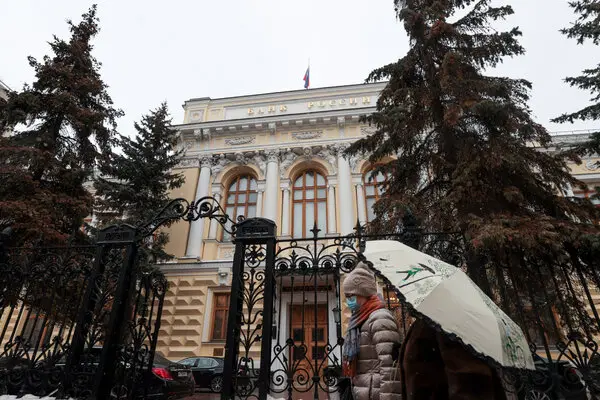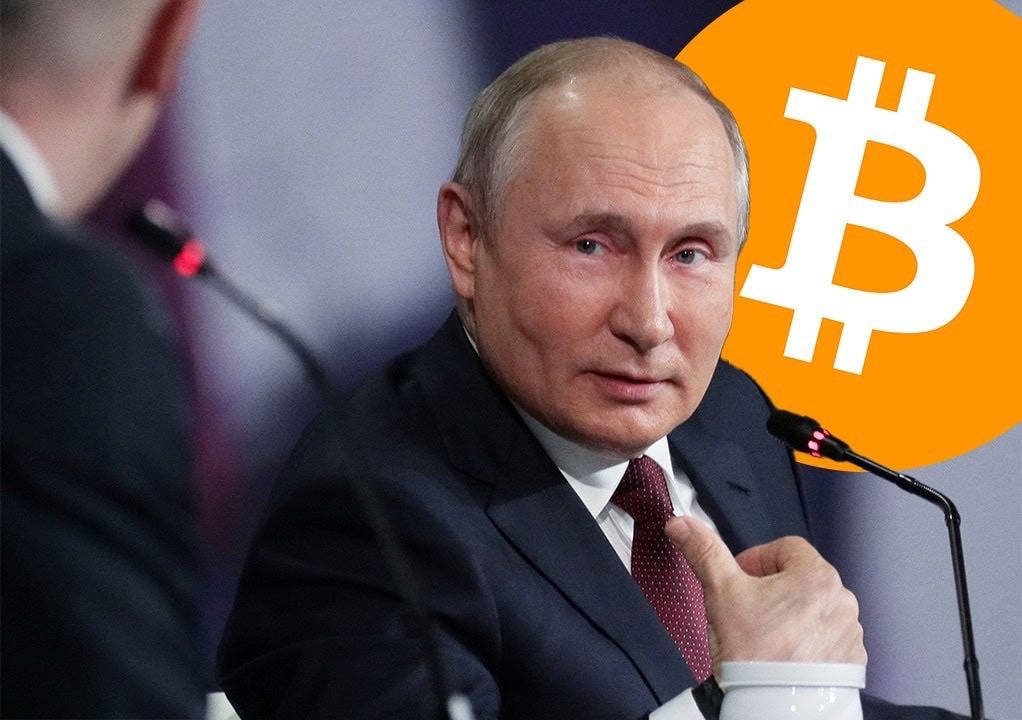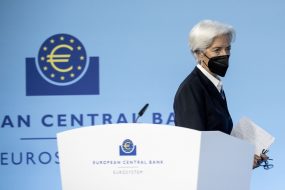
In response to Western sanctions, Russia has begun utilizing Bitcoin (BTC) and other digital currencies for international trade transactions. This strategic shift aims to circumvent financial restrictions and sustain economic activities with global partners.
Why Only for International Transactions?
Russia’s decision to limit cryptocurrency use to foreign trade stems from the need to bypass sanctions that impede traditional financial channels. Domestic transactions continue to operate within established financial systems, while international dealings face obstacles due to sanctions. By employing Bitcoin in cross-border trade, Russia seeks to maintain economic engagements without relying on conventional banking systems susceptible to Western influence.
Potential Trade Partners
Russia’s adoption of Bitcoin facilitates trade with countries willing to engage outside the purview of Western financial systems. Nations such as China, Turkey, and Iran, which have existing economic ties with Russia, may participate in these cryptocurrency-based transactions. This approach enables Russia to continue importing and exporting goods and services despite sanctions.

Impact of Geopolitical Tensions
The ongoing conflict in Ukraine has intensified Russia’s economic isolation due to sanctions. In response, Russia is exploring alternative financial mechanisms, including cryptocurrencies, to mitigate the impact of these restrictions. This strategy reflects a broader effort to reduce dependence on Western-dominated financial systems and enhance economic sovereignty.
Benefits of Using Bitcoin in Foreign Trade
Utilizing Bitcoin for international transactions offers several advantages for Russia:
- Sanction Evasion: Cryptocurrencies operate on decentralized networks, making them less susceptible to control by any single nation. This decentralization allows Russia to conduct trade without direct interference from sanctioning bodies.
- Transaction Efficiency: Bitcoin transactions can be faster and more cost-effective compared to traditional banking methods, which is particularly beneficial amid the delays and increased scrutiny caused by sanctions.
- Economic Diversification: Embracing digital currencies enables Russia to diversify its economic interactions and reduce reliance on the U.S. dollar, aligning with broader goals of financial independence.
Official Statements
Russian Finance Minister Anton Siluanov has acknowledged the use of Bitcoin in foreign trade, stating, “We can pay for the delivery of goods with digital financial assets. It is also possible to use Bitcoin, which we mined here in the Russian Federation, within the experimental regime.

President Vladimir Putin has also expressed support for digital currencies, criticizing the U.S. for undermining the dollar’s role and highlighting Bitcoin as a future alternative.
Challenges and Considerations
While the adoption of Bitcoin presents opportunities, it also poses challenges:
- Market Volatility: Cryptocurrencies are known for significant price fluctuations, which can introduce uncertainty in trade valuations.
- Regulatory Scrutiny: Increased use of digital currencies may attract further international regulatory attention, potentially leading to new forms of economic pressure.
- Infrastructure Requirements: Effective implementation requires robust digital infrastructure and cybersecurity measures to prevent fraud and ensure transaction integrity.
Conclusion
Russia’s strategic use of Bitcoin for international trade represents a significant development in the global financial landscape. By leveraging digital currencies, Russia aims to navigate around sanctions, maintain economic stability, and assert greater financial autonomy. This move underscores the evolving role of cryptocurrencies in international trade and geopolitics.













